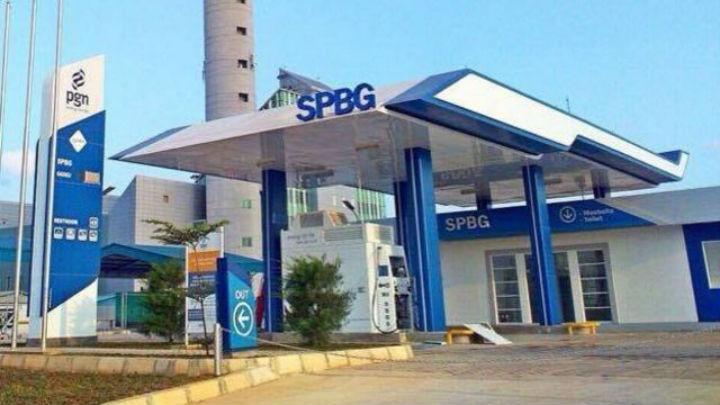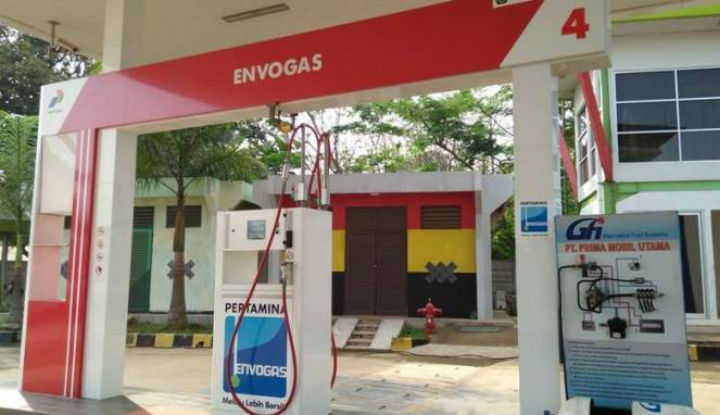UPDATE 19 April 2017: The title of this post was amended after one of our Facebook followers pointed out that natural gas is a fossil fuel. We have replaced the word “fossil fuel” with “gasoline” throughout this story.
Indonesia’s Minister of Energy and Mineral Resources Ignasius Jonan published a new regulation (number 25 of 2017) that, if actually implemented, would accelerate the national energy diversification programme. According to Liputan6, the new rule is part of the government’s roadmap to move away from gasoline dependency and embrace natural gas instead.
Critics are sure to see Jonan’s move as an overly ambitious pipedream at best or, at worst, a mandate that will never actually be carried out, but rather just serve to make the department look good in the short term. Others may remain optimistic, however, as the Minister of State-Owned Enterprises Rini Soemarno recently went on record saying that oil and gas reserves in Indonesia are in fact depleting.
According to the regulation, the supply and distribution of compressed natural gas for motorized vehicles would begin soon, starting with the nation’s public transportation vehicles. The government would dictate which areas in the archipelago would receive the natural gas supplies, how much they would get and what kind of infrastructure would be required. All aspects of the project would be funded by state and state-owned enterprise budgets, reports suggest (another perhaps far-fetched idea).
The supply would be distributed gradually. Related state-owned and local enterprises could request feasibility tests from the General Director of Oil and Gas to be considered for inclusion.
According to Jonan, aside from slowing down the the continuously reducing oil reserves in the country, the aim of the programme is to maintain environmental sustainability. Natural gas is better because it has higher octane levels than normal gasoline. Thus, internal combustion is carried out more perfectly while producing more power and being friendlier to the environment.
“It’s more eco-friendly,” said Jonan. “It also shows that we’re committed to maintaining the global climate.”
To support the programme, the government has provided 5,000 converter kits for public transportation vehicles and government officials’ cars. It has also encouraged the automotive industry to produce vehicles powered by natural gas.
Even so, the conversion programme will be a real success only if most private cars are also converted to run on natural gas. For this reason, the government is urging private gas stations to provide natural gas, just like the ones owned by the government. The idea is that every gas station should have at least one dispenser for natural gas.
At the moment, Indonesia has only 60 natural gas stations and 12 mobile refueling units. However, Vice Minister of Energy and Mineral Resources Arcandra Tahar stated that the government is hoping those numbers will increase.
Regarding the programme, Jonan said that if the government wants to optimize the acceleration of the change over, the price of natural gas should be cheaper than normal gasoline to capture the market’s interest.
“The price will fluctuate, just like gasoline. It should be Rp.1,000 (US$0.075) cheaper than the normal Premium price.”
See: Indonesia Sets Vague Goals For Weaning Itself Off Fossil Fuels
Image credits: Heyob Energi, Viva, Kumparan






